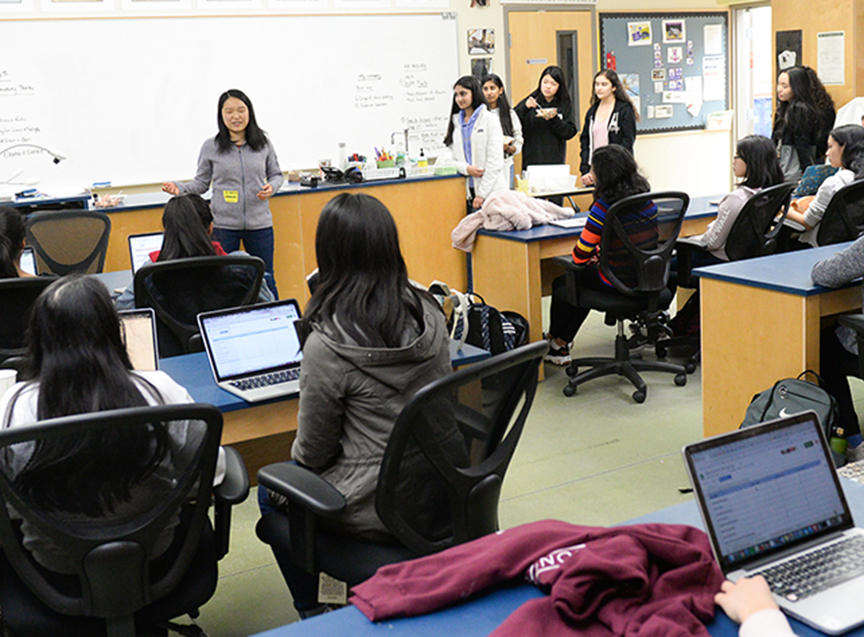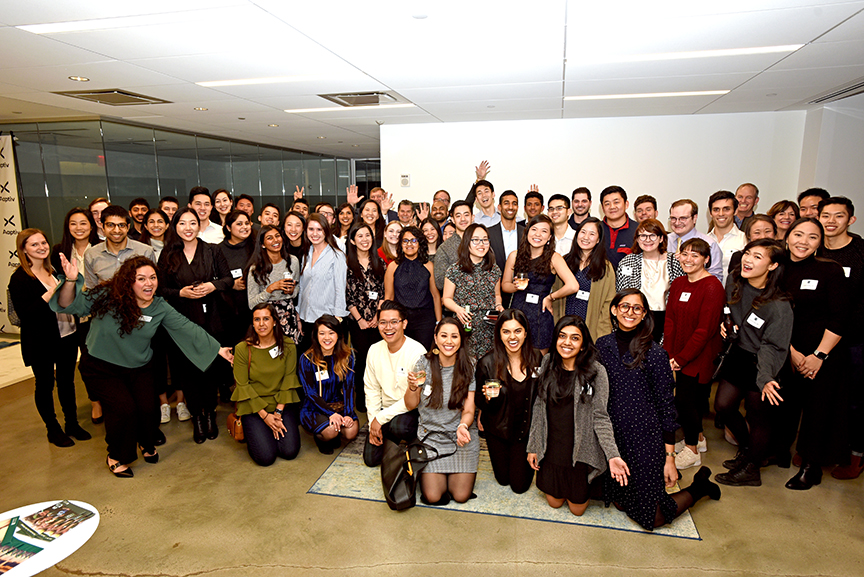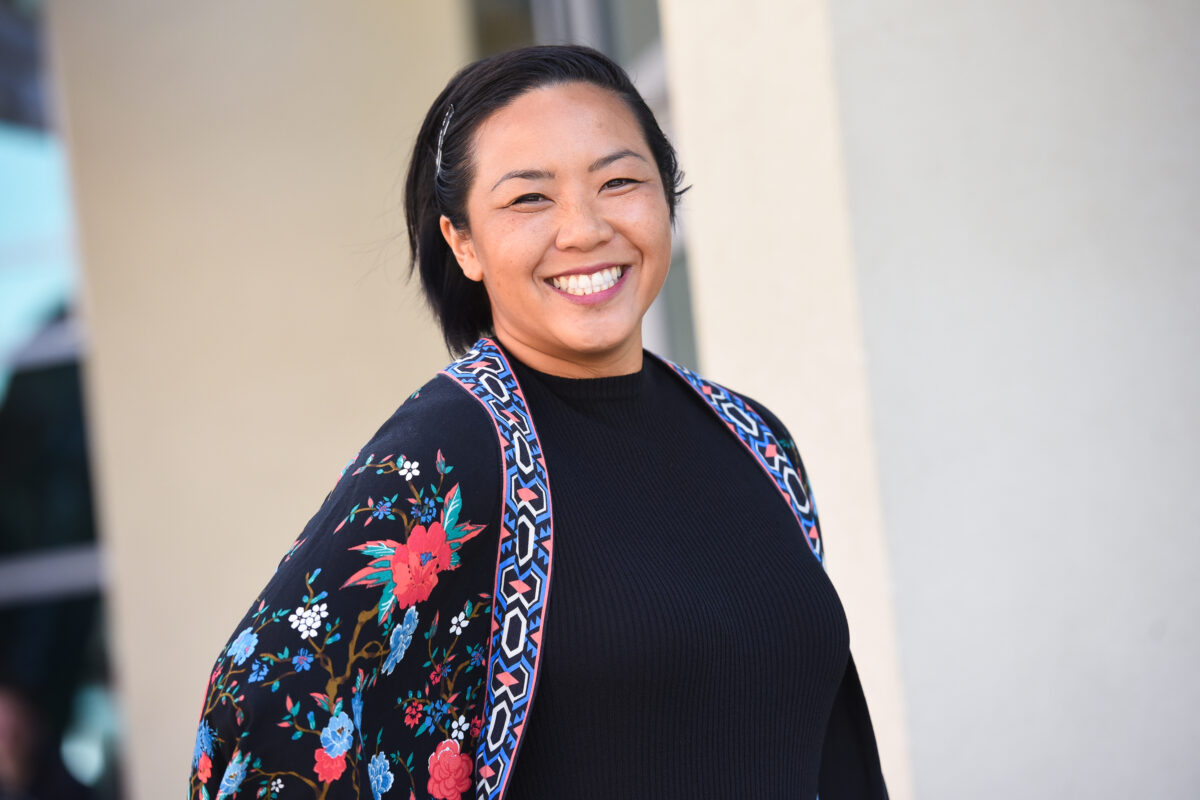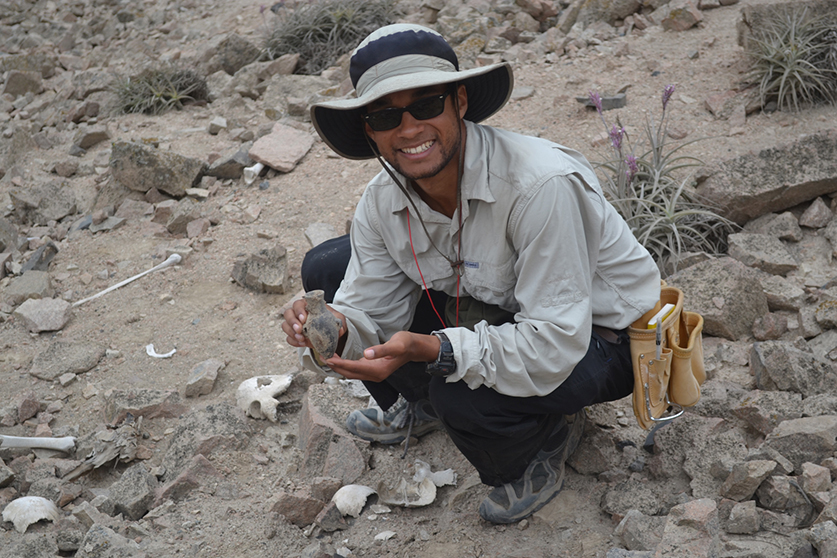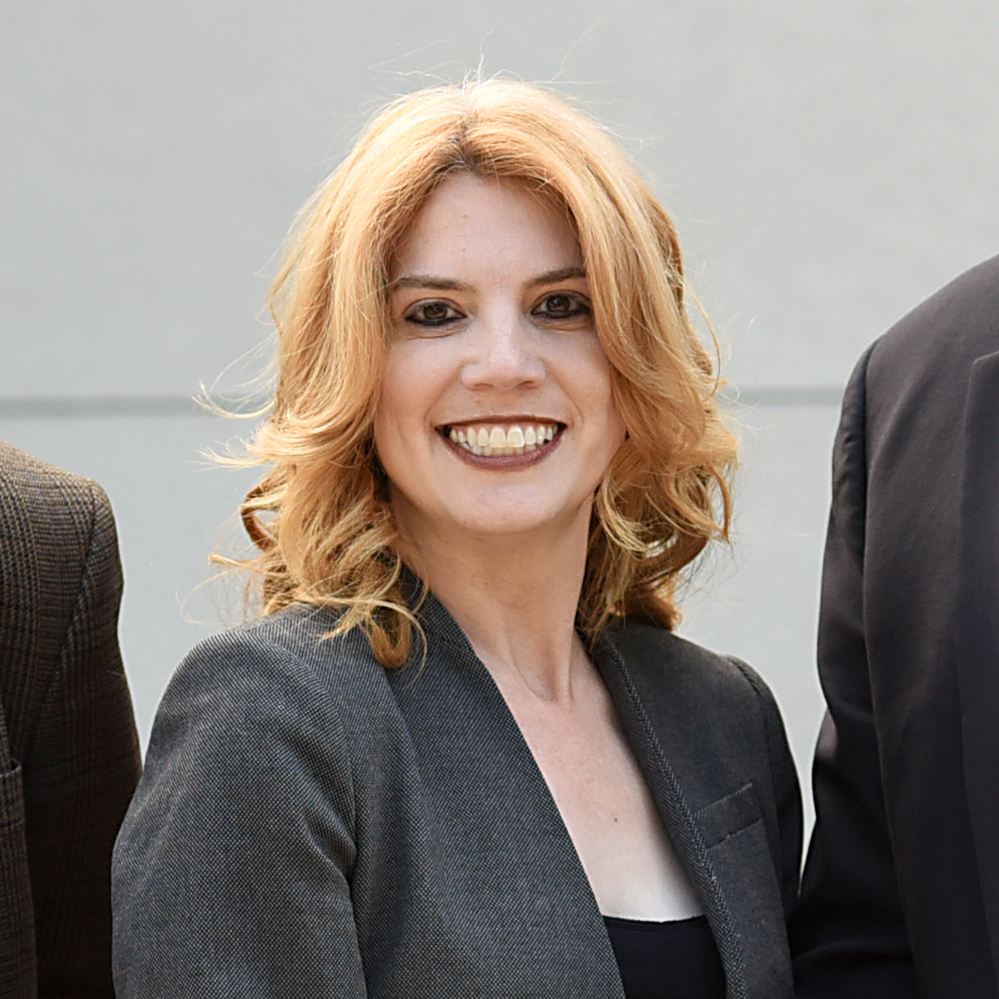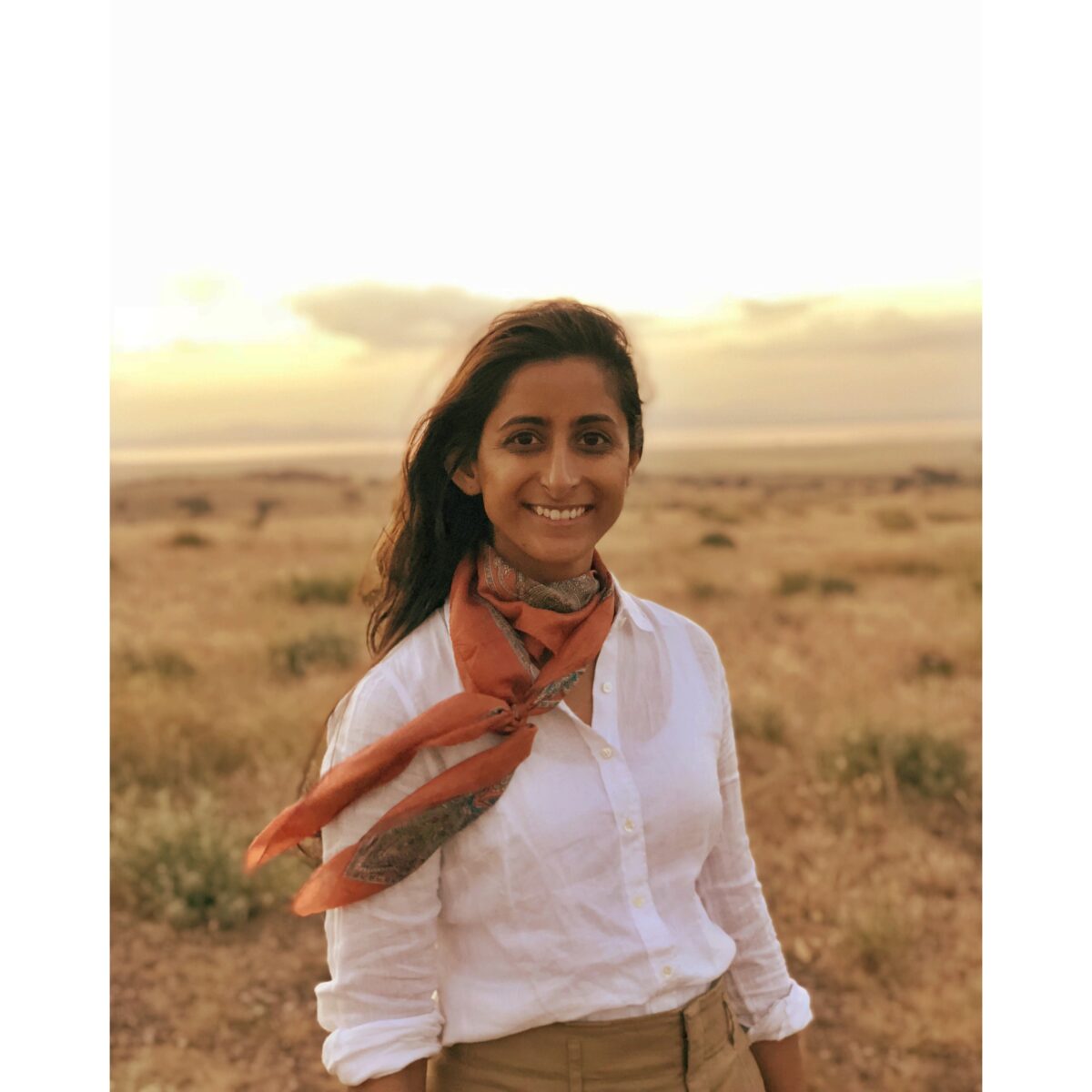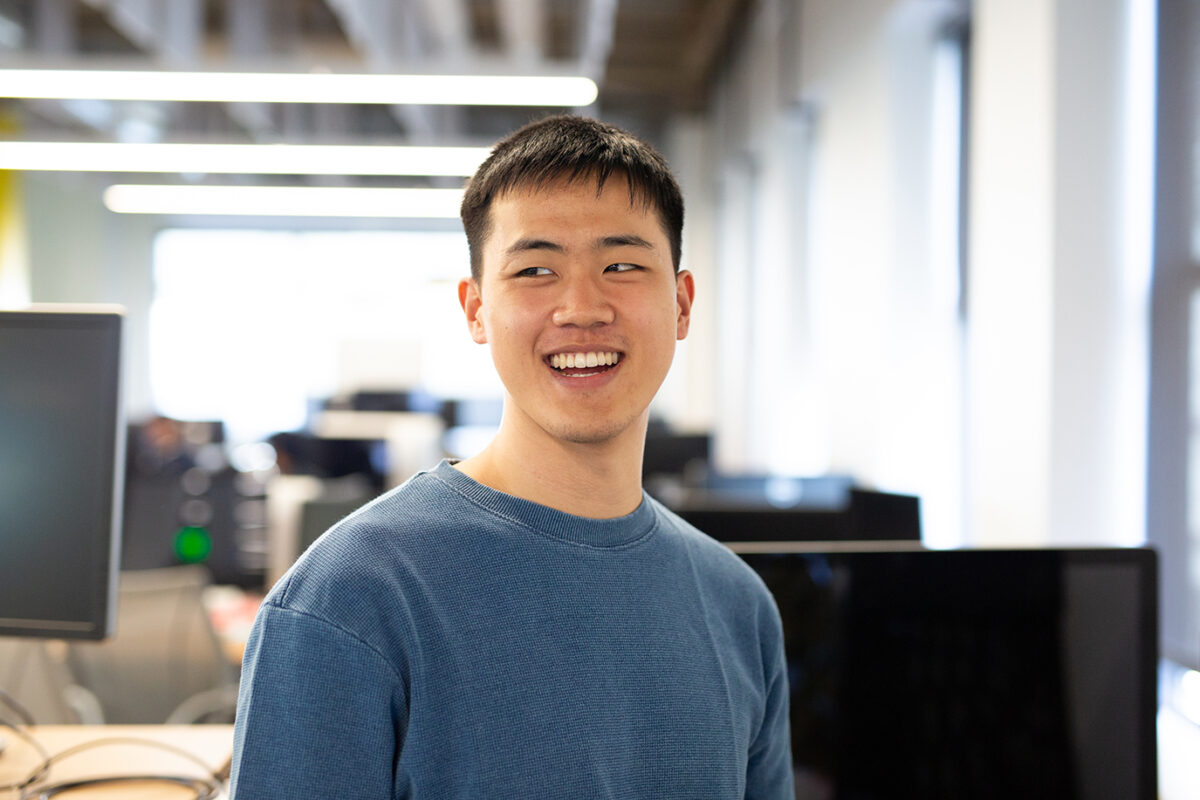Usua Amanam MS ’05, an energy resources engineering Ph.D. candidate at Stanford, was named a 2019 Siebel Scholar in October 2018.
Alumni
Amy Jin ’18 visits, talks about path and project
Amy Jin ’18, now attending Harvard, stopped by Harker to talk about her journey and life after high school, as well as answer questions about her path and the project that has brought her several prizes.
Alumni reunion in New York draws over 75
More than 75 alumni and their guests joined school representatives at the kickoff of this year’s alumni regional tour in New York City.
Tiffany Duong ’02 visits to share career retrospective, offer guidance
Tiffany Duong ’02 paid a visit to the upper school on March 8 to give a talk about her career path, current work and future goals.
Alumna ’15 earns both Stanford’s Sterling Award and Alice T. Schafer math honor
Nitya Mani ‘15 will be awarded the J.E. Wallace Sterling Award for Scholastic Achievement from Stanford University and received an honorable mention for the 2019 Alice T. Schafer Prize for Excellence in Mathematics by an undergraduate woman.
Homecoming, Grand Reunion and Picnic Come Together for a Historic 125th Anniversary Weekend
Digging Deep: Alumnus found his love of archaeology in the Dutch countryside
Jennifer Gargano named for dedication as educator
Stanford University has recognized Jennifer Gargano, assistant head of school for academic affairs, as a dedicated educator and mentor.
A sense of purpose: Estelle Charlu Willie ’05 leads social impact practice – an alumni profile from Harker Magazine
As a college student at George Washington University in Washington, D.C., Estelle Charlu Willie ’05 had a front-row seat when President Obama’s Affordable Care Act was passed in 2010. It was a pivotal moment for her, and altered how he wanted to make an impact in the world.

